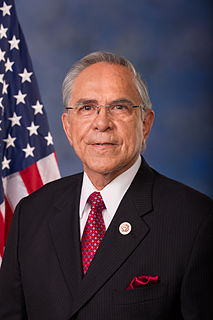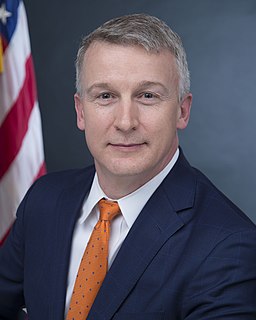A Quote by Criss Jami
A number of our scientists boast intelligence but lack wisdom. I find those to be the predictable ones.
Quote Topics
Related Quotes
It seems that the increased number of scientific workers, their being split up into groups whose studies are limited to a small subject, and over-specialization have brought about a shrinking of intelligence. There is no doubt that the quality of any human group decreases when the number of the individuals composing this group increases beyond certain limits... The best way to increase the intelligence of scientists would be to decrease their number.
To possess both wisdom and compassion is the heart of our human revolution. If you have wisdom alone and lack compassion, it will be a cold, perverse wisdom. If you have compassion alone and lack wisdom, you cannot give happiness to others. You are even likely to lead them in the wrong direction, and you won't be able to achieve your own happiness.
Human beings have a variety of intelligences, such as cognitive intelligence, emotional intelligence, musical intelligence, kinesthetic intelligence, and so on. Most people excel in one or two of those, but do poorly in the others. This is not necessarily or even usually a bad thing; part of Integral wisdom is finding where one excels and thus where one can best offer the world one's deepest gifts.
In our counterterrorism cases and our counterintelligence cases, we can issue all kinds of - of layers of approval in the FBI, a national security letter to find out the subscriber to a particular telephone number and to find out what numbers that telephone number was in contact with. Not the content of those communications, but just the connection.
There is a difference between our wisdom and nature's simplicity. That reflects the burden of a complex intelligence. A complex intelligence like ours is impotent compared to the intelligence of a monarch butterfly migrating from Canada to Mexico, or the intelligence of hummingbirds that have co-evolved with the flowers all along their migration route. That seems so simple; it just happens, it just unfolds.
A large number of well-trained scientists outside of evolutionary biology and paleontology have unfortunately gotten the idea that the fossil record is far more Darwinian than it is. This probably comes from the oversimplification inevitable in secondary sources: low-level textbooks semipopular articles, and so on. Also, there is probably some wishful thinking involved. In the years after Darwin, his advocates hoped to find predictable progressions. In general. these have not been found-yet the optimism has died hard and some pure fantasy has crept into textbooks.
The true men of action in our time those who transform the world are not the politicians and statesmen but the scientists. Unfortunately poetry cannot celebrate them because their deeds are concerned with things, not persons, and are therefore speechless. When I find myself in the company of scientists, I feel like a shabby curate who has strayed by mistake into a drawing room full of dukes.






































